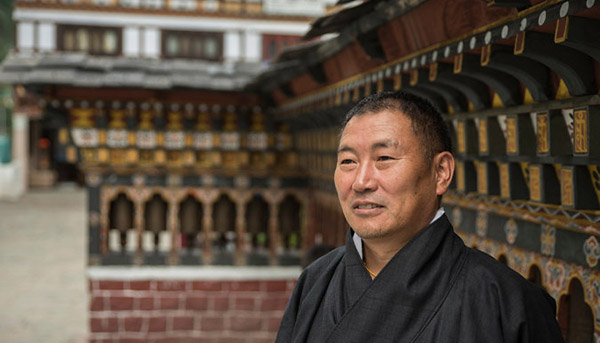
The Druk Phuensum Tshogpa (DPT), the first party to form the government when democracy was introduced in Bhutan in 2008, has been given the mandate to serve as the opposition for a second term.
After winning 17 seats in the Third Parliamentary National Assembly General Election yesterday, the DPT is all set to form one of the strongest opposition party or the first opposition party with the highest number of members in the history of Bhutan’s young democracy.
The strength of the Opposition in the parliament has seen an overwhelming increase over the last three elections.
When the People’s Democratic Party (PDP) formed the first Opposition in 2008, it did so with a meager two-seat representation.
Five years later in 2013, the DPT led a 15-member opposition in the country’s second democratically elected parliament.
With over a decade of parliamentary experience, having served in the parliament as the ruling party from 2008-2013, as the opposition from 2013-2018 and now with a 17-assembly seat representation this election, the DPT is confident that they will be able to play a strong opposition role in the Third National Assembly of Bhutan.
The 17-member DPT led opposition team includes two women MP elect.
Speaking to BBS on the election outcome yesterday, DPT’s President, Pema Gyamtsho said they were long prepared to face any kind of result and accepts it humbly and respectfully.
He added they have always reiterated they are prepared to assume whatever responsibility is entrusted to them by the electorate.
“This is democracy and elections are unpredictable. People have the right to choose and they have made their choice. We respect their choice and we are happy with the result,” said the DPT President.
The Druk Phuensum Tshogpa campaigned on the promise of economic self-reliance with hydropower as its primary focus.
With concerns over Bhutan’s growing external debt dominating political discussions and debates among political parties and the electorate, the party’s core campaign strategy received a lot of criticism during the constituency debates as well on social media.
Pema Gyamtsho says DPT must have lost the General Election as their ideologies and pledges were mainly long-term targets and not much focused on freebies and short-term goals.
“I think we lost the election as we didn’t have any pledges of giving freebies and solving the issues facing the electorates instantly. As everyone knows, we have been pledging to strengthen the country’s economy as it is the basis for the country’s self-sustenance and independence. That’s why I think the people couldn’t understand what we were promising them.”
He also said the DPT feels privileged for the tremendous support it received from the people of Bhutan since 2008.
DPT also becomes the only party in country to serve in the parliament for three consecutive terms since democracy was instituted in the country in 2008.








